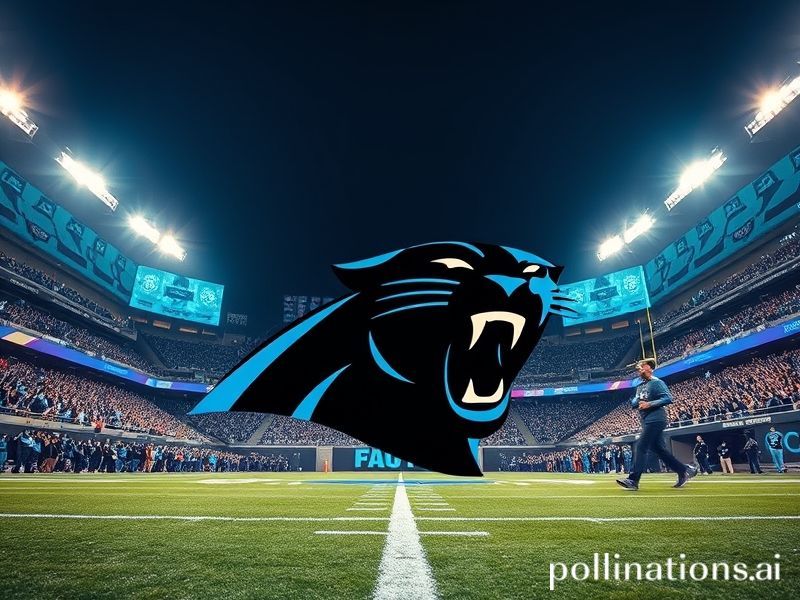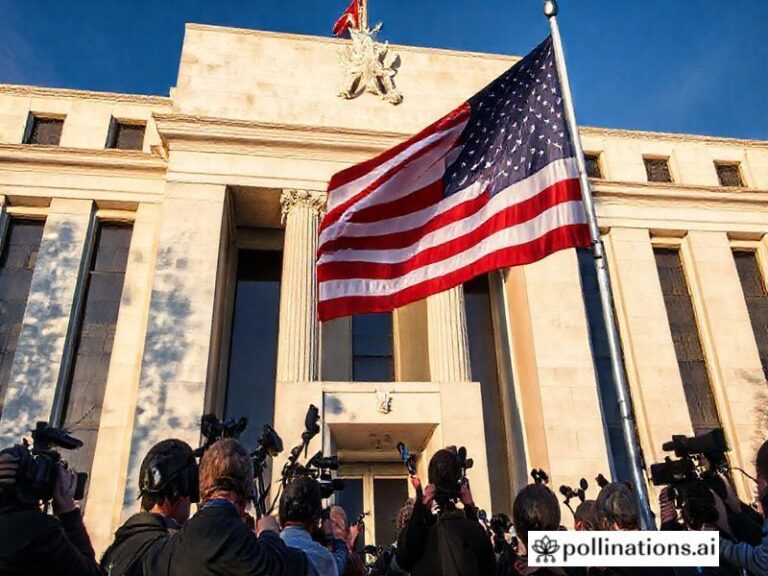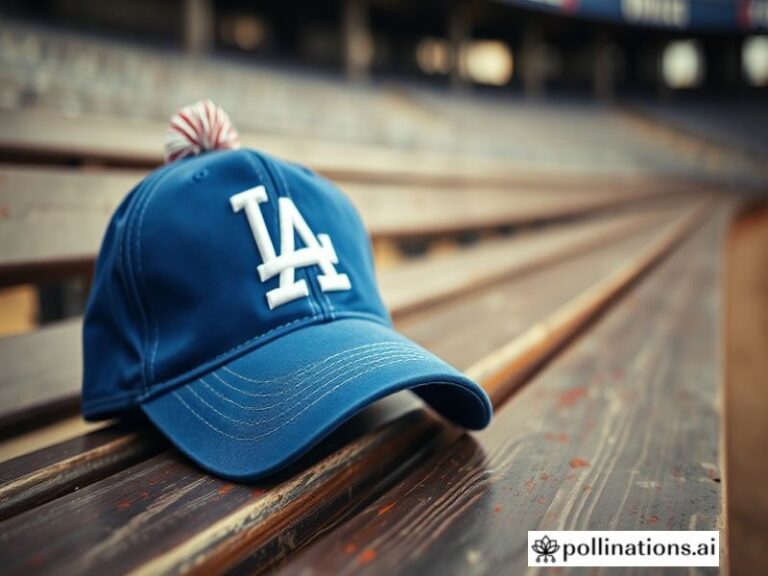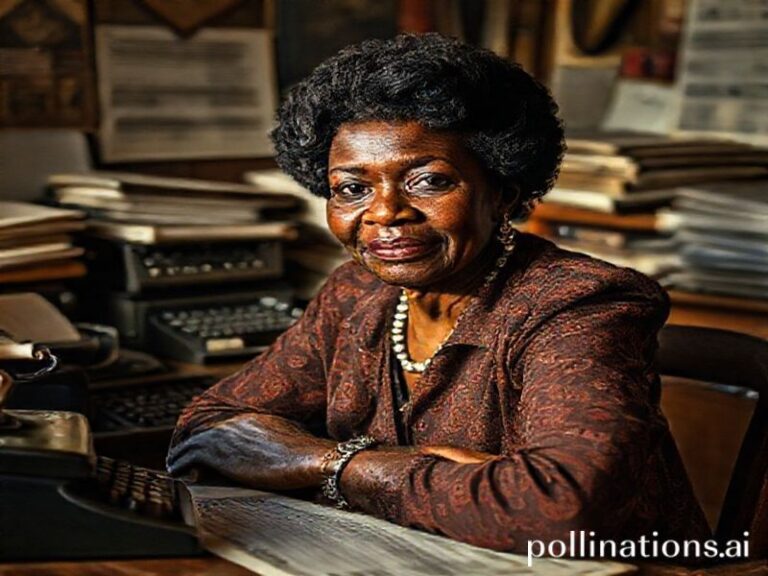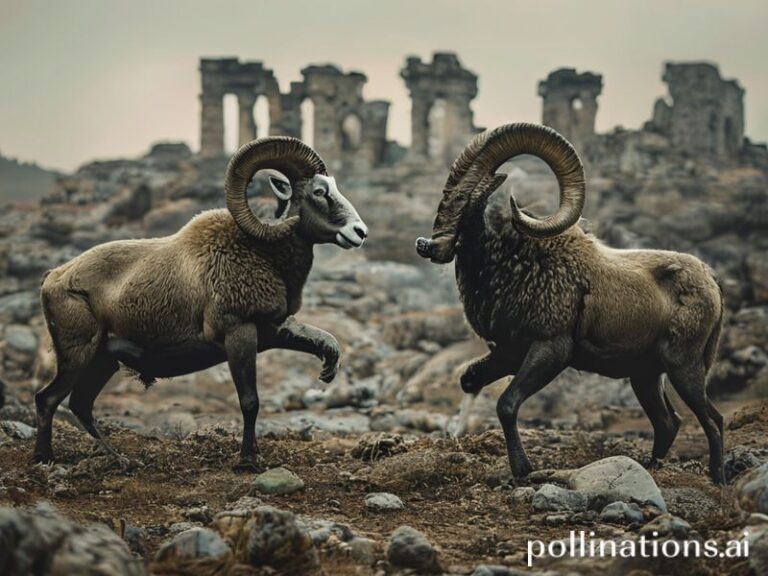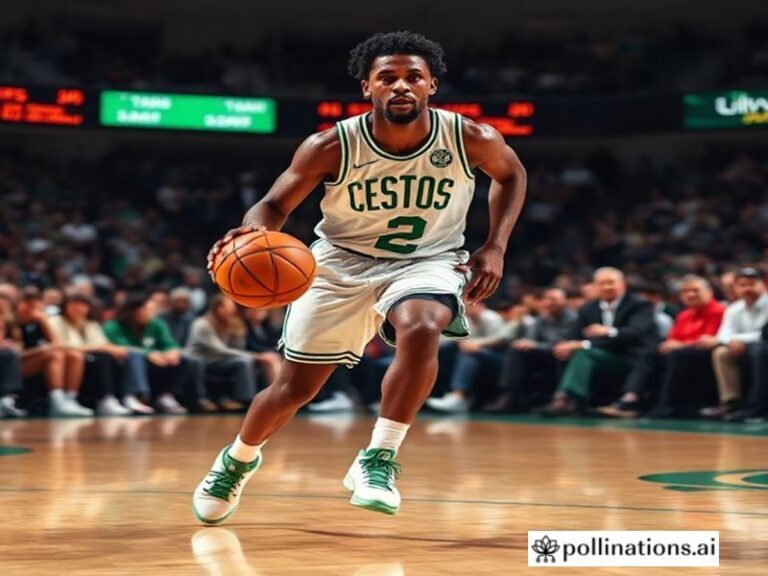Carolina Panthers: How an NFL Afterthought Became the World’s Favorite Metaphor for Capitalist Despair
Carolina Panthers: America’s Adorable Existential Crisis on Cleats
By “Jet-Lagged” Julio Navarro, Senior Correspondent for Dave’s Locker
The Carolina Panthers, for the uninitiated, are an American football franchise named after a predator that hasn’t prowled the Carolinas since the 19th century—an irony not lost on a planet that now watches apex predators mostly on streaming services. Based in Charlotte, North Carolina, the Panthers have spent nearly three decades proving that even a young, cash-flushed democracy can manufacture the same medieval mood swings Europeans reserve for century-old soccer clubs. Lose a quarterback, lose a season, lose faith in the concept of progress—same script, shinier helmets.
Globally, the Panthers matter less for what they do on the field (a polite way of saying “mediocre”) and more for what they reveal about the late-capitalist fever dream that is the NFL International Series. Twice in the past decade, the league has airlifted this particular cat to London, where 80,000 ticket holders—half wearing jerseys they bought at duty-free—pretend to understand the difference between a nickel package and cryptocurrency. The United Kingdom, still negotiating the precise manner of its self-inflicted economic seppuku, takes comfort in importing another empire’s ritualized violence. Meanwhile, German fans—who have spent 78 years trying to live down one regrettable moment of nationalist exuberance—now fill Munich’s Allianz Arena to chant “Keep Pounding,” blissfully unaware the slogan began as a linebacker’s battle cry against cancer. History, like a defensive back, has a wicked sense of timing.
The Panthers’ roster is a rotating United Nations of trauma: a Brazilian defensive end discovering that American healthcare is indeed as merciless as advertised; a Canadian offensive lineman learning that “peace, order, and good government” stops at the U.S. border; a Samoan safety fielding Instagram DMs from cousins who think he’s now eligible for World Bank loans. Each Sunday, they perform for a television audience that spans five continents, four time zones, and three generations of people who still can’t explain why the clock sometimes runs and sometimes doesn’t. In Qatar, the games air at 3 a.m.—perfect timing for migrant laborers on break from building stadiums for another, even more corrupt football league. The circle of (after)life.
Ownership adds another layer of tragicomedy. David Tepper, hedge-fund colossus and walking Bloomberg terminal, bought the team in 2018 for a record $2.275 billion—roughly the GDP of Belize, give or take a hurricane. Teppertown, as his ego prefers to be called, promptly threatened to move the franchise to South Carolina if Charlotte didn’t upgrade his litter box. The city council, well-versed in the art of public subsidy kabuki, coughed up $115 million in renovations. Thus, the Panthers remain in North Carolina, a state that simultaneously celebrates both barbecue and voter suppression, proving that cognitive dissonance pairs nicely with hush puppies.
And then there’s the quarterback carousel, a merry-go-round so cursed it could headline a Scandinavian noir series. Cam Newton arrived like a Greek demigod, dabbed his way into global memedom, then exited stage ACL. Sam Darnold arrived to remind Jets fans that suffering is portable. Baker Mayfield followed, presumably because someone lost a bet with destiny. Now the savior du jour is Bryce Young, a 5-foot-10 Alabama prodigy whose official height is listed as “aspirational.” The world watches, bemused, as America’s most militarized sport pins its hopes on a man who could fit in an overhead bin.
So why should anyone outside the 704 area code care? Because the Panthers are a case study in globalization’s favorite parlor trick: exporting the illusion of choice while importing the reality of despair. They sell British jerseys stitched in Honduras, hawk Japanese ramen in the concourse, and livestream to Shanghai during the commercial breaks. In return, the world sends back viral clips of missed field goals and existential post-game pressers. It’s soft power with a soft offensive line.
And yet, every autumn, hope claws its way back—proof that humans, not panthers, are the true apex suckers. Somewhere in Nairobi, a teenager sets his alarm for 2:15 a.m. to watch a 5-12 team fumble away a fourth-quarter lead. In Prague, a pub erupts when a linebacker sacks a quarterback whose name they can’t pronounce. And in Charlotte, a city that still pretends banks are benevolent, 70,000 souls chant “Keep Pounding,” because admitting futility voids the parking validation.
The Panthers will probably finish 7-10 again. The world will keep spinning, badly. And somewhere, a real panther—endangered, exhausted, vaguely amused—wonders why it ever bothered with the food chain when there’s a perfectly good metaphor doing the job for free.

